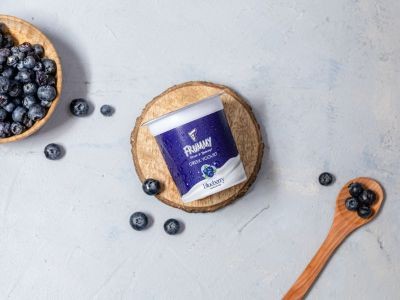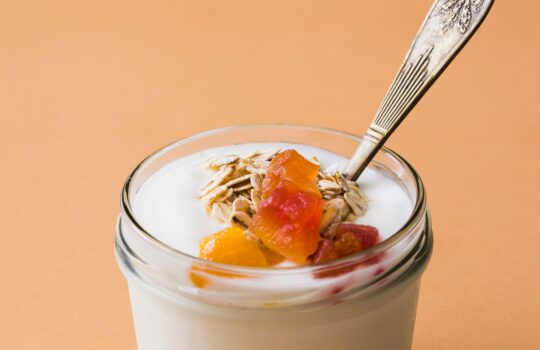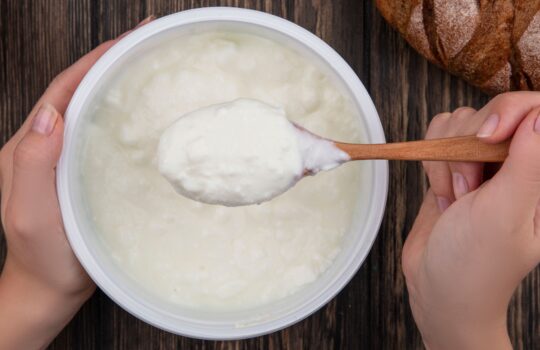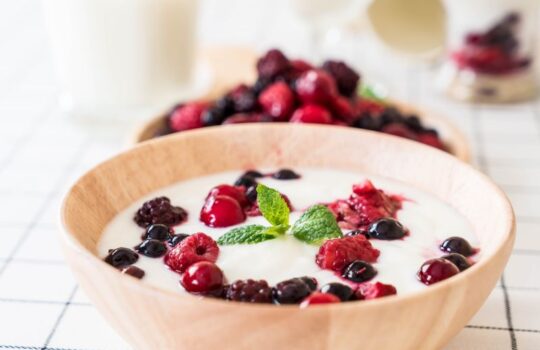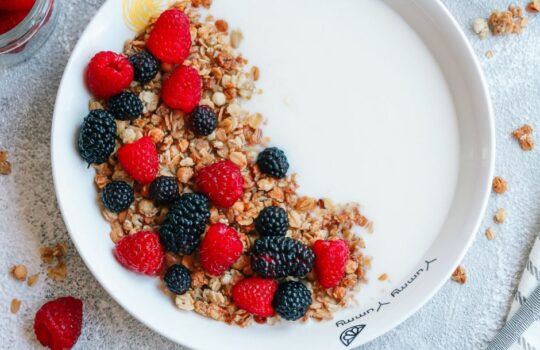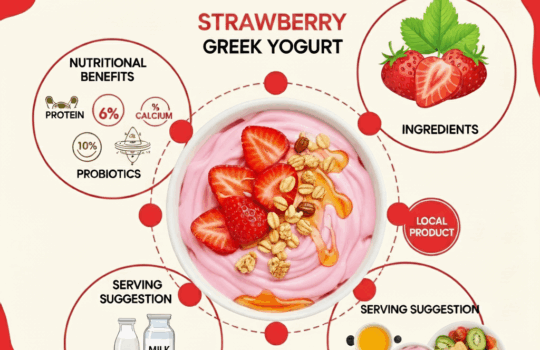The rise in demand for non-dairy products has grown exponentially as more people look to adopt plant-based diets or reduce their intake of animal products. Whether for health, ethical, or environmental reasons, consumers are now exploring alternatives to traditional dairy. In this blog, we will explore the best non-dairy products on the market today, highlighting their nutritional benefits and versatility. We’ll also touch on “healthy Greek yogurt” and how non-dairy options are becoming more accessible than ever.
As you venture into a non-dairy lifestyle, it’s essential to know the best options that not only align with your dietary preferences but also support your health. Let’s dive into some of the most popular non-dairy products and why they are perfect substitutes for traditional dairy.
1. Non-Dairy Milk Alternatives
One of the first changes people make when transitioning to a non-dairy diet is replacing cow’s milk with plant-based alternatives. There are many types of non-dairy milk available, each with unique properties and benefits.
A. Almond Milk
Almond milk is a fan favorite due to its light and slightly nutty flavor. It’s a great source of Vitamin E, an antioxidant that helps support skin health. Almond milk is also low in calories, making it a suitable choice for those who want to reduce their calorie intake.
B. Oat Milk
Oat milk has gained popularity because of its creamy texture, which makes it a great addition to coffee and smoothies. It is high in fiber and beta-glucans, a type of soluble fiber that can help lower cholesterol levels. Oat milk is often fortified with vitamins like B12, D, and calcium, making it an excellent alternative for vegans and those with lactose intolerance.
C. Soy Milk
Soy milk has been around for decades and remains a popular choice due to its high protein content, which is comparable to that of cow’s milk. It contains all nine essential amino acids, making it a complete protein source. Soy milk is also rich in calcium and potassium, helping support bone health.
D. Coconut Milk
Coconut milk is widely used in cooking, especially in tropical and Asian cuisines. It is rich in healthy fats, primarily medium-chain triglycerides (MCTs), which can boost metabolism and provide quick energy. Coconut milk is a great option for those looking for a creamier, thicker milk alternative for cooking or adding to coffee.
2. Non-Dairy Yogurt Alternatives
Traditional yogurt made from cow’s milk is a staple in many diets, but non-dairy yogurt alternatives are now readily available. These plant-based options are just as delicious and nutritious as their dairy counterparts.
A. Almond Milk Yogurt
Almond milk yogurt is a lighter alternative, perfect for those who enjoy a mild flavor and smooth texture. It is often fortified with probiotics, which support digestive health. You can add fruits, nuts, or granola to almond yogurt for a nutrient-packed snack.
B. Coconut Milk Yogurt
Coconut milk yogurt is rich and creamy, making it an excellent dairy-free alternative. It contains probiotics, healthy fats, and vitamins. Its thicker texture is ideal for those who want a rich-tasting yogurt for breakfast bowls or desserts.
C. Soy Milk Yogurt
Soy yogurt is a popular choice for those seeking a higher protein content in their non-dairy yogurt. Like soy milk, it contains all essential amino acids and can be fortified with probiotics and vitamins. Its taste is smooth, and it’s a great source of plant-based nutrition.
For those who love the benefits of yogurt, but want a healthier, dairy-free option, these non-dairy yogurts offer the best of both worlds.
3. Non-Dairy Cheese Alternatives
Cheese lovers need not worry when switching to a non-dairy lifestyle. There are a variety of plant-based cheeses available today that satisfy your cravings while being dairy-free.
A. Cashew Cheese
Cashew cheese is one of the most popular non-dairy cheese alternatives. It’s creamy, spreadable, and packed with flavor. It’s perfect for using in dips, spreads, and even sauces. Cashew cheese is also rich in healthy fats and offers a good source of protein.
B. Almond Cheese
Almond cheese is similar to almond milk yogurt, offering a mild, nutty taste. It’s often used in softer cheeses, such as ricotta and cream cheese alternatives. You can add almond cheese to salads or use it as a spread on crackers.
C. Soy Cheese
Soy cheese is made from soy protein and can closely mimic the texture and meltability of traditional cheese. It comes in various flavors, including cheddar and mozzarella, making it versatile for pizza, sandwiches, and pasta dishes.
4. Non-Dairy Ice Cream
For dessert lovers, non-dairy ice cream offers the perfect sweet treat without the dairy. Most non-dairy ice creams are made from coconut milk, almond milk, or soy milk, and come in a variety of delicious flavors.
A. Coconut Milk Ice Cream
Coconut milk ice cream has a rich, creamy texture and is a popular base for non-dairy ice creams. It pairs well with flavors like chocolate, vanilla, and fruit.
B. Almond Milk Ice Cream
Almond milk ice cream offers a lighter texture than coconut milk but still provides a delicious flavor. It’s often fortified with vitamins and comes in various flavors such as chocolate, caramel, and coffee.
C. Oat Milk Ice Cream
Oat milk ice cream has gained recent popularity due to its creamy texture. It’s smooth, light, and offers a dairy-free alternative that’s perfect for indulging in a healthy dessert.
5. Non-Dairy Butter Alternatives
Non-dairy butter alternatives are perfect for those who love cooking or baking without using traditional butter. These alternatives are made from plant-based oils and are available in spreads, sticks, or tubs.
A. Coconut Oil Butter
Coconut oil butter is a popular choice for non-dairy baking. Its high-fat content provides a rich, buttery flavor and texture, making it great for pastries, cookies, and cakes.
B. Olive Oil-Based Butter
Olive oil-based butters are a healthy alternative, rich in unsaturated fats. They are perfect for spreading on bread, drizzling over vegetables, or using in cooking.
Conclusion
The best non-dairy products on the market today offer a wide range of delicious, nutritious alternatives to traditional dairy. Whether you’re looking for non-dairy milk, yogurt, cheese, or ice cream, there is a plant-based product for everyone. As more people embrace lactose-free or vegan diets, the variety and quality of non-dairy products continue to grow.

